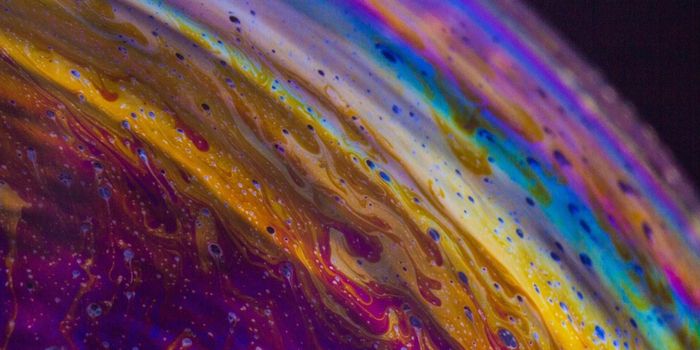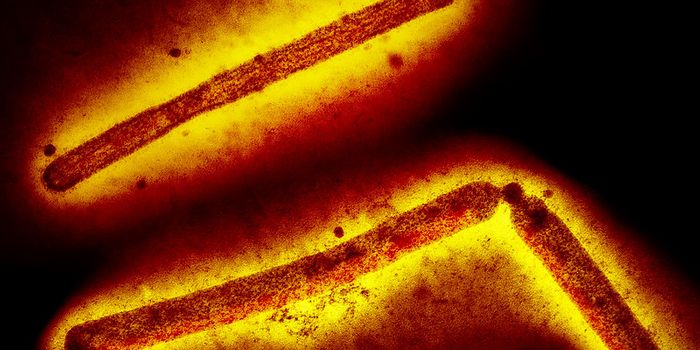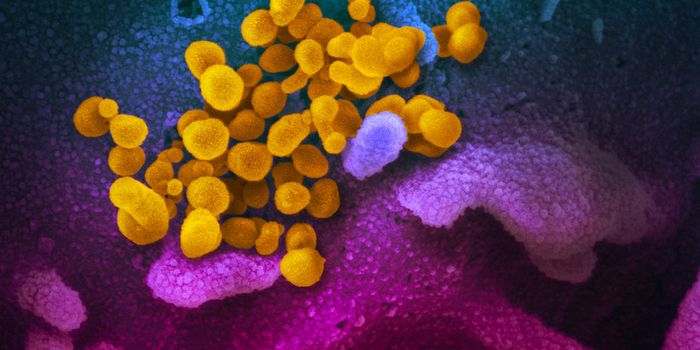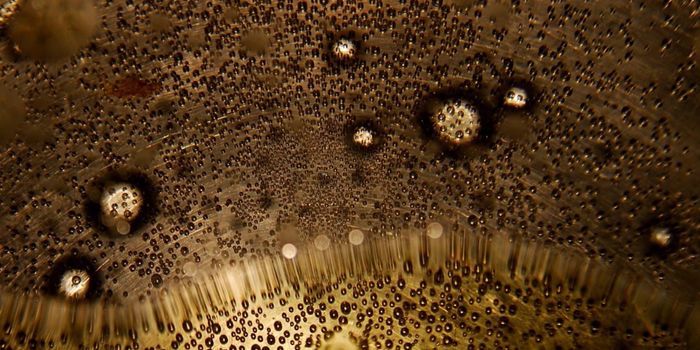A Marburg Virus Treatment Approach is Identified
Marburg virus causes severe hemorrhagic fever; its fatality ratio can be as high as 88 percent. It was first identified after two large, simultaneous outbreaks in Germany and Serbia in 1967, which were linked to laboratory work that used Ugandan monkeys. There have been a few other outbreaks and sporadic cases since then in a few African countries including Kenya and Uganda. Typically, people become infected after they spend time in mines or caves that harbor Rousettus bat colonies, and infected people can spread the disease to others through surface contact as well as blood and other secretions.
"Marburg is a highly virulent disease in the same family as the virus that causes Ebola. In Africa, patients often arrive to a physician very ill," said principal study investigator Tom Geisbert, a professor in the Department of Microbiology & Immunology at the University of Texas Medical Branch at Galveston.
Reporting in Nature Communications, scientists have now identified a treatment approach for Marburg virus infections; a combination of monoclonal antibodies and the antiviral drug remdesivir could improve outcomes dramatically.
"It was important to test whether a combination of therapies would work better with really sick people," said Geisbert. "Our data suggests that this particular combination allowed for recovery when given at a very late stage of disease."
"Often, small molecules and antibodies are positioned to compete with each other for a single therapeutic indication. Here we see the benefit of pursuing both treatment strategies in tandem and ultimately finding synergy upon combining both approaches together," added study co-author Dr. Zachary A. Bornholdt, Senior Director of Antibody Discovery and Research at Mapp Biopharmaceutical.
For several years, Geisbert, Bornholdt, and many colleagues have been working on monoclonal antibody (mAb) therapies that can treat viruses including Marburg and Ebola. These approaches have been shown to be effective in both laboratory studies and emergency use, especially if they are given to patients soon after the onset of illness.
This work used a rhesus model in which monoclonal antibody treatment was initiated six days after infection, which is known to be a critical disease progression point. When combined with remdesivir, a drug that recently was in the news as a potential COVID-19 therapeutic, the mAbs provided 80 percent protection against Marburg infections, suggesting that this therapy could be very useful in the clinic.
Sources: AAAS/Eurekalert! via University of Texas Medical Branch at Galveston, World Health Organization, Nature Communications









